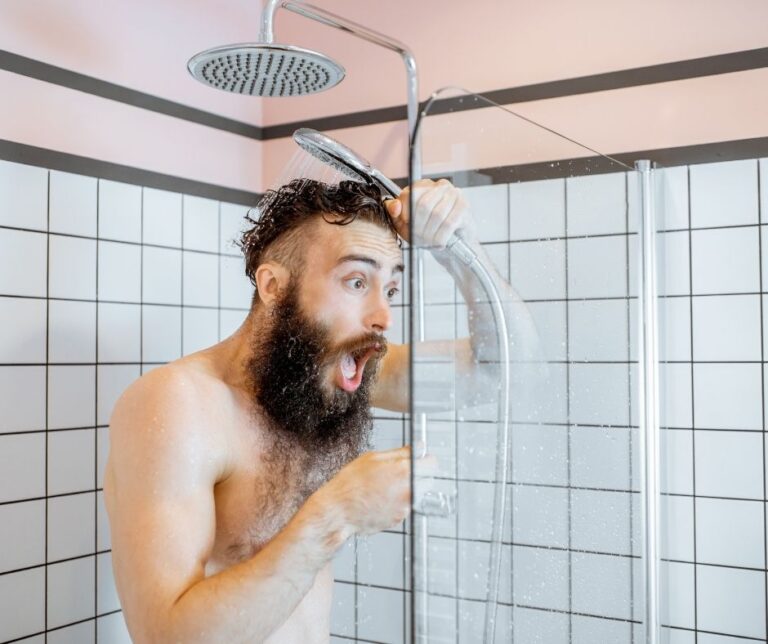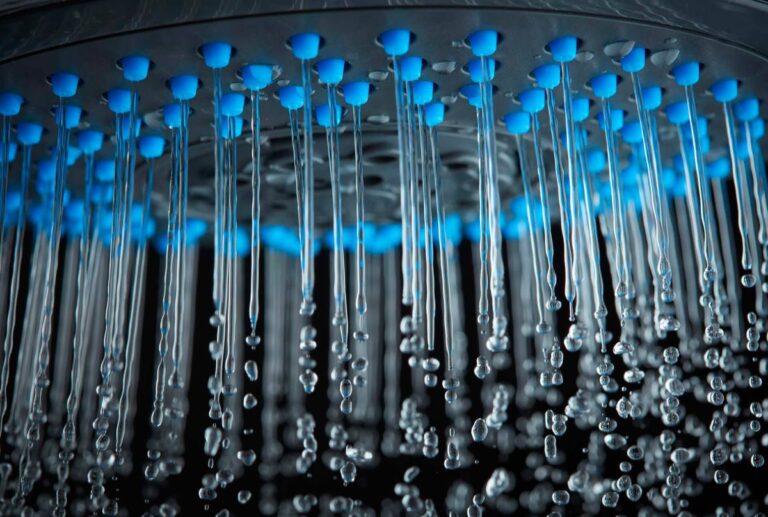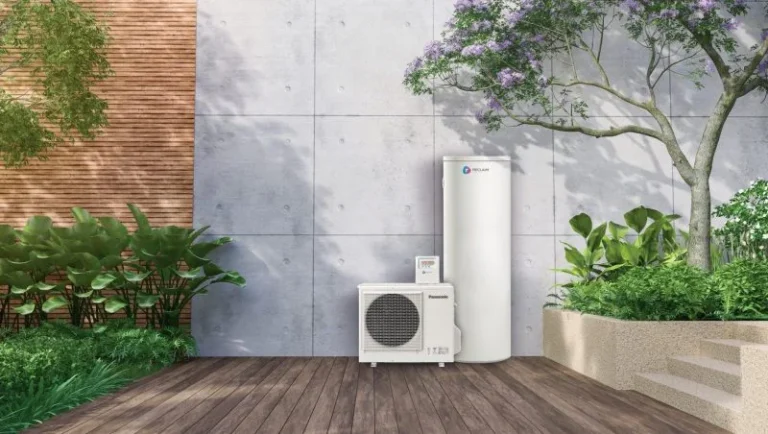Choosing the Right Hot Water System for the Sunshine Coast: Electric, Gas, Solar or Heat Pump?
What’s the best hot water system for the Sunshine Coast?
Heat pumps and solar hot water systems are the most energy-efficient choices for the Sunshine Coast climate. Gas systems offer fast recovery and lower long-term costs if gas access is available. Electric systems are the most affordable to install, but usually cost more to run unless paired with solar.

Water heating is one of the largest energy expenses in Sunshine Coast homes. Choosing the right hot water system isn’t just about matching capacity it’s about finding a system that suits the local climate, your household habits, and the way your property is set up.
With four main options — electric, gas, solar, and heat pump.
Each comes with trade-offs in performance, cost, and environmental impact.
Electric Hot Water Systems
Electric hot water units use a resistance element to heat water stored in a tank. They’re cheap to install and don’t require gas access or rooftop panels.
Pros:
- Low upfront cost
- Simple to install
- Widely available in replacement models
Cons:
- Higher running costs
- Slow heat recovery after tank is drained
Best suited for:
Gas Hot Water Systems
Gas units heat water faster and only when you need it — especially in continuous flow (instantaneous) models. They work efficiently if your property has access to gas mains or LPG bottles.
Pros:
- Fast heating and recovery
- Lower running costs than electric
- Ideal for large families
Cons:
- Higher installation cost if no gas line exists
- LPG delivery costs can add up
Best suited for:
- Larger households in Noosaville or Tewantin already using gas for cooking or heating
Solar Hot Water Systems
Solar hot water systems use rooftop collectors to heat water, typically backed up by a gas or electric booster during cloudy weather. With high year-round sunshine levels, the Sunshine Coast is well-positioned for solar adoption.
Pros:
- Very low long-term running costs
- Eligible for government rebates
- Excellent for cutting carbon footprint
Cons:
- Expensive upfront
- Requires roof space with sun access
- Less efficient on overcast days without booster
Best suited for:
Heat Pump Hot Water Systems
Heat pumps extract heat from the air to warm water, using a refrigeration cycle.
They’re highly efficient and work well in the Sunshine Coast’s warm, humid climate.
See how they compare against solar hot water
Pros:
- 60–70% more efficient than standard electric systems
- Lower running costs
- Work in shaded areas unlike solar
Cons:
- Higher installation cost
- Less effective in very cold conditions
Best suited for:
- Energy-conscious homes across all localities including Gympie
- Properties with no gas connection but desire for efficiency
Summary Table
| System Type | Upfront Cost | Running Cost | Climate Suitability | Ideal For |
|---|---|---|---|---|
| Electric | Low | High | All areas | Small households |
| Gas | Medium | Low | All areas (with gas) | Families |
| Solar | High | Very Low | High-sun regions | Eco-conscious homes |
| Heat Pump | High | Low | Warm, humid zones | Energy savers without solar |
Get In Touch
Need a local hot water plumber?
Get in touch with Russell from Flare Gas Plumbing – 0422077394
We in stall all types of hot water services for your home or workplace.






